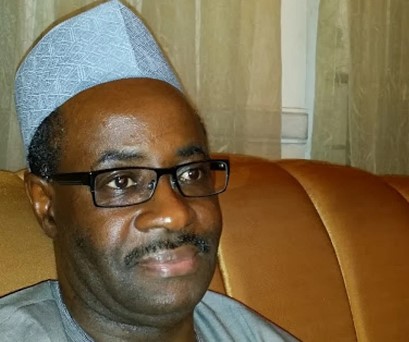Nigeria is currently grappling with $200 million annual funding gap for immunisation, according to Dr. Tanimu Yakubu, Director General of the Budget Office.
Speaking at the Multi-Stakeholders Technical Workshop for the Optimisation of Immunisation Financing in Nigeria, Yakubu stated the need for increased public sector funding to address this shortfall.
“Nigeria faces an annual funding gap of $200 million out of the required $580 million for immunisation,” Yakubu stated. “However, considering the public sector’s contribution of only $150 million, the actual funding gap is more significant.” He emphasized that without international donors like the Bill and Melinda Gates Foundation and the Global Health Advocacy Incubator, the gap would be $430 million, underscoring the country’s reliance on external aid.
Yakubu urged the public sector to increase its financial contributions to justify asking the private sector for more support. He also proposed legislation to mandate the public sector to achieve self-sufficiency in vaccine production, storage, and distribution logistics, aligning with the administration’s goals of import substitution, medical industrialisation, and general industrialisation.
To bridge the $200 million deficit, Yakubu recommended increased public sector funding, prioritising the actual funding gap of $430 million, and leveraging public-private partnerships to establish local vaccine production infrastructure. “By taking these steps, we can ensure sustainable immunisation financing and protect our population from future pandemics,” he stressed.
Senator Ibrahim Oloriegbe, Chairman of the 9th Senate Committee on Health, emphasised the economic and security importance of prioritising immunisation in Nigeria’s budget allocation. “Investing in immunisation can save lives, reduce healthcare costs, and increase productivity,” Oloriegbe noted. He proposed increasing funding for immunisation in the budget, exploring revenue generation methods, and reactivating the bio-vaccine initiative to achieve self-sufficiency in vaccine production.
Dr. Emmanuel Hassan, Nigeria Coordinator for the Global Health Advocacy Incubator, highlighted the critical vaccine immunisation financing crisis, with outstanding obligations from 2023 unpaid and the 2024 payment due in June yet to be made.
He urged immediate action to settle these payments, stressing the importance of prioritising health despite fiscal challenges. “Health is a crucial aspect of our nation’s wealth, and immunisation is a key pathway to enhancing the health and well-being of all Nigerians,” Dr Hassan said.
Senator Tony Nwoye, Deputy Chairman of the Senate Committee on Primary Health Care and Disease Control, called on the federal government to release counterpart funding for immunisation programmes. He emphasized the need for local vaccine production and collaborative efforts to bridge funding gaps, enhance immunisation coverage, strengthen accountability, and ensure sustainable financing.
The workshop, themed “Closing the Immunisation Financing Gap: Investing in a Healthier Future for Nigeria,” gathered stakeholders from the government, international organisations, and the private sector to discuss strategies for optimising immunisation financing in Nigeria.



